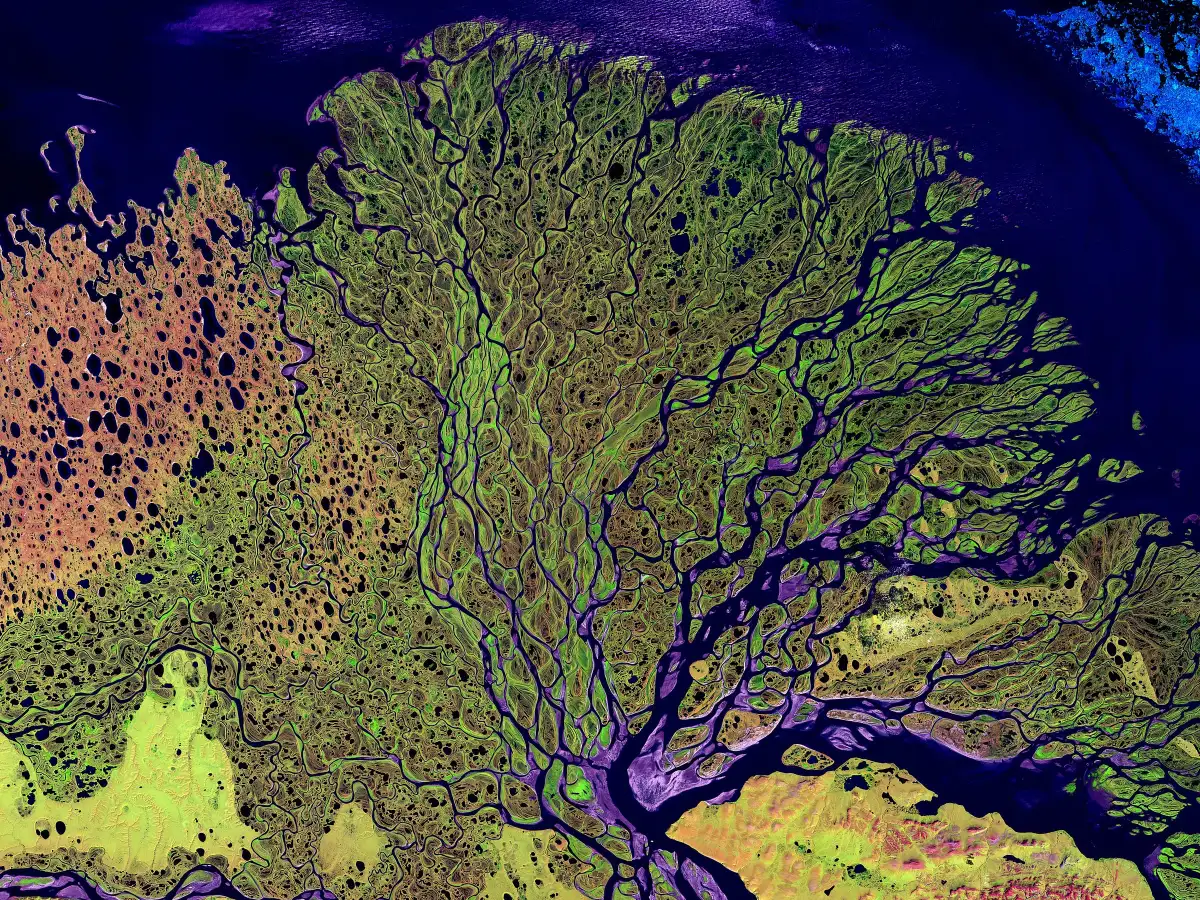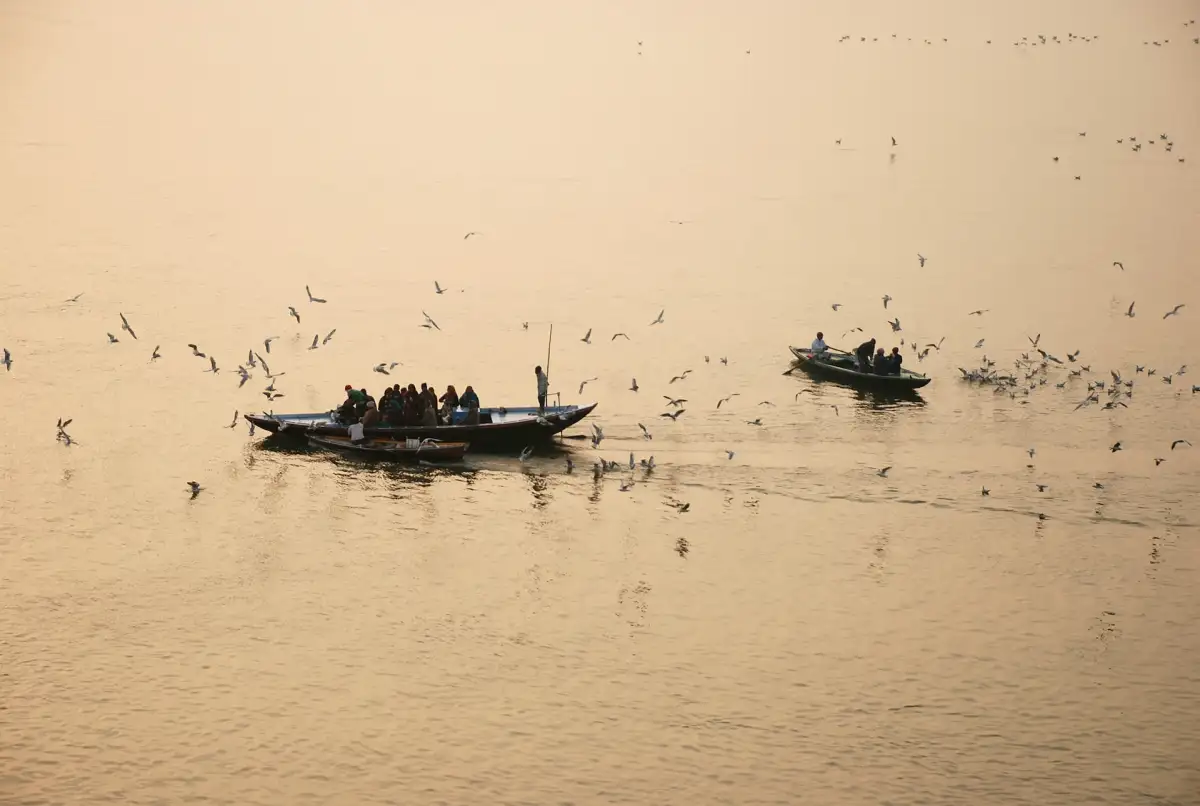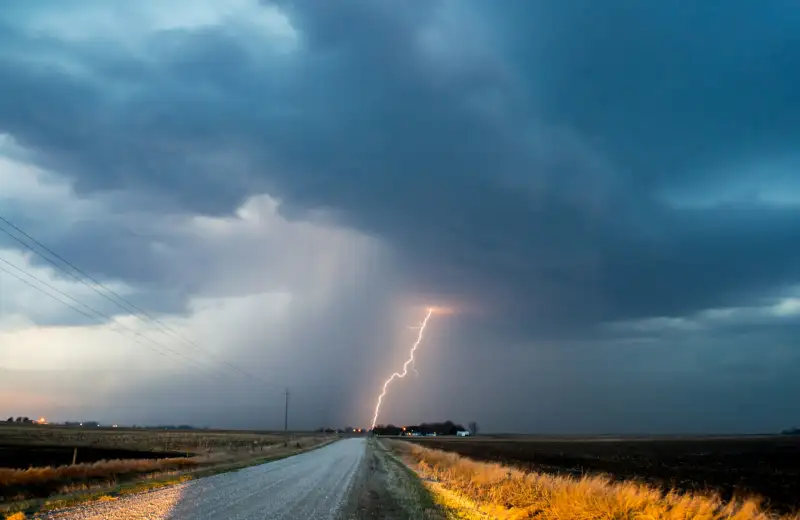The Dance of Deltas
The Breathtaking Diversity of Delta Ecosystems
Rivers, the lifelines of our planet, weave tales of biodiversity and ecological wonders as they gracefully meet the sea. Among the many enchanting features of river systems, deltas stand out as vibrant hubs of life. In this blog, we delve into the fascinating world of river deltas, exploring their unique role in biodiversity, geology, and human civilizations.

Biodiversity HotspotsNature’s Cornucopia
Deltas are biodiversity hotspots, teeming with a staggering variety of flora and fauna. The mix of nutrient-rich river sediments and marine influences creates fertile grounds for diverse habitats. Mangrove forests, estuaries, and wetlands become sanctuaries for countless species, from fish and birds to unique plant life.
In the rich tapestry of deltas, biodiversity flourishes, showcasing the resilience and adaptability of life in the face of changing tides.
The Geological TapestryShaping Landscapes Over Millennia
Deltas are geological marvels, evolving over centuries as rivers deposit sediments, forming intricate networks of distributaries. This constant interplay of water and land not only sculpts the landscape but also creates fertile soil, making deltas vital for agriculture and supporting human civilizations.

The Mississippi River Delta and the Ganges-Brahmaputra Delta are among the largest and most iconic deltas, each with its own story of ecological richness and human history.
The Human ConnectionLife Along the Delta
Throughout history, human societies have thrived along river deltas. The fertile soil, abundant fisheries, and navigable waterways make deltas ideal for settlement and cultivation. However, this close relationship also brings challenges, as rising sea levels and human activities impact the delicate balance of these ecosystems.




